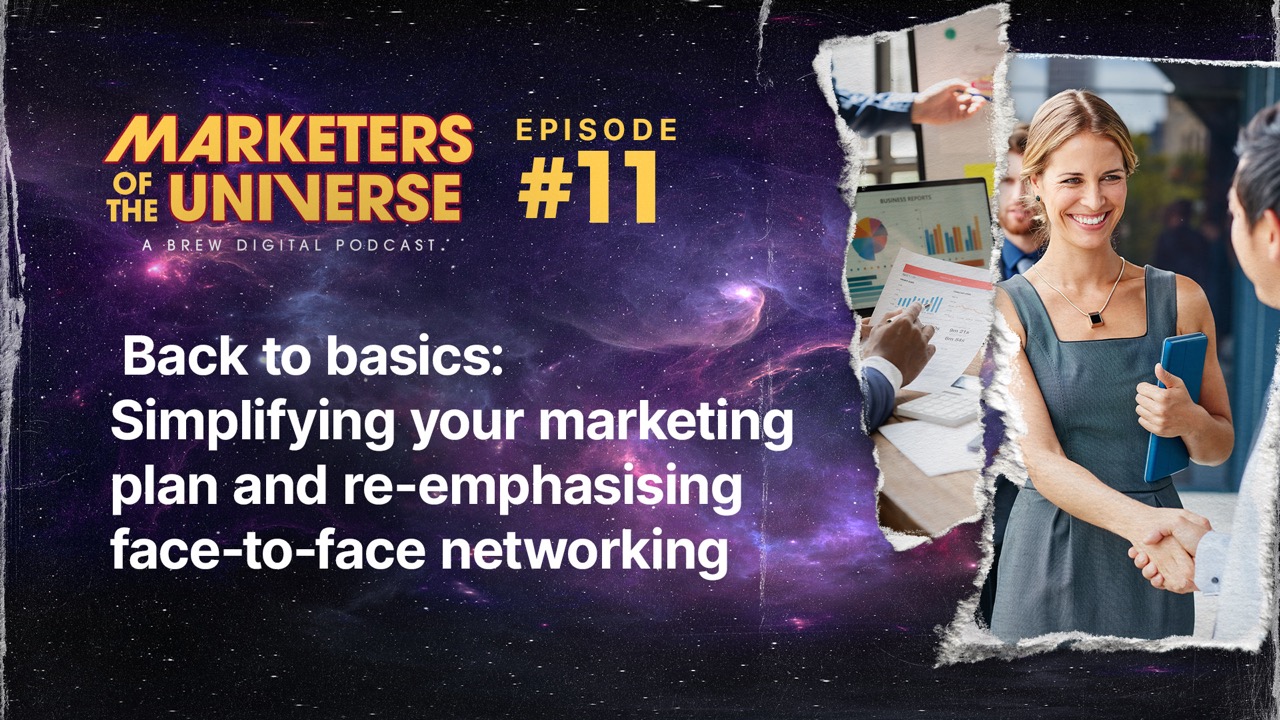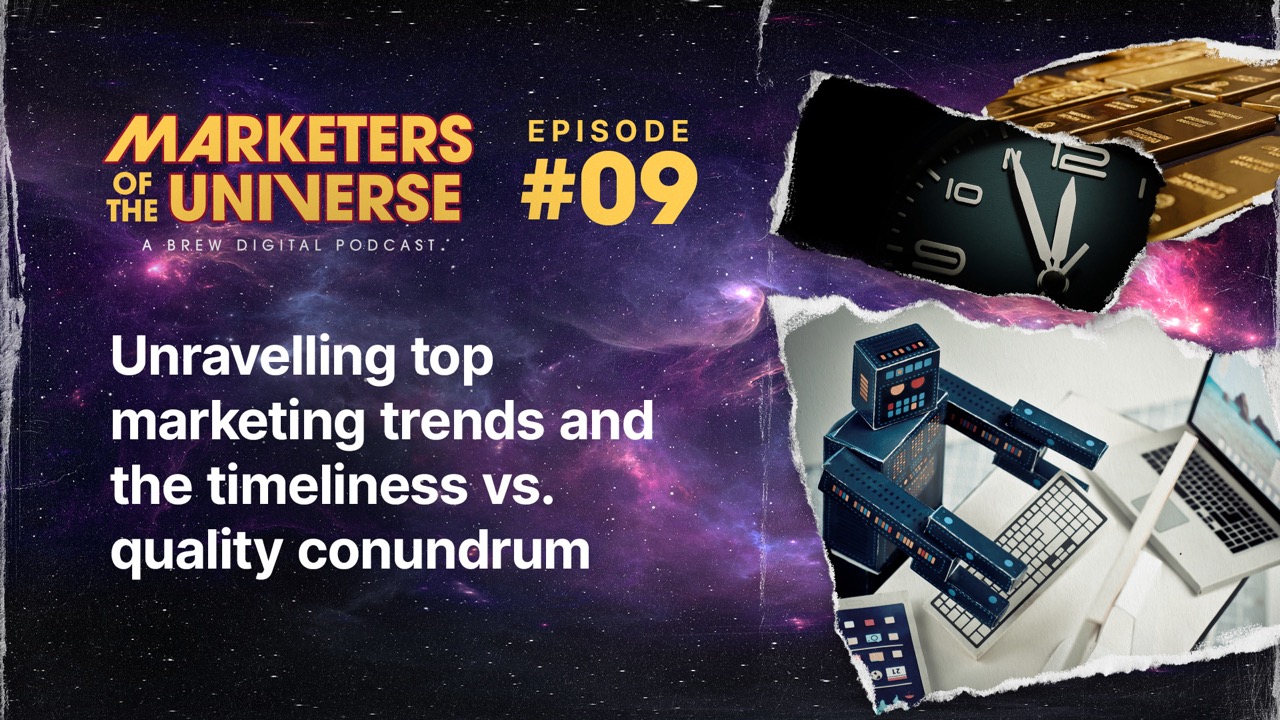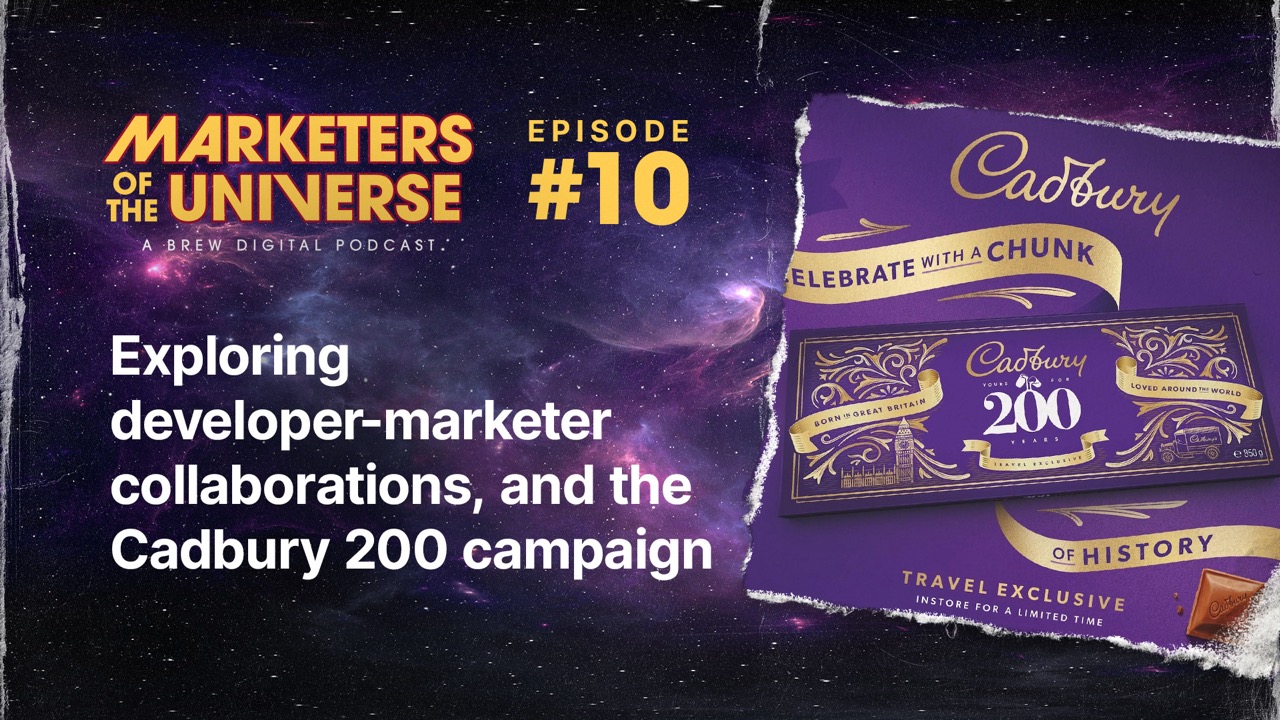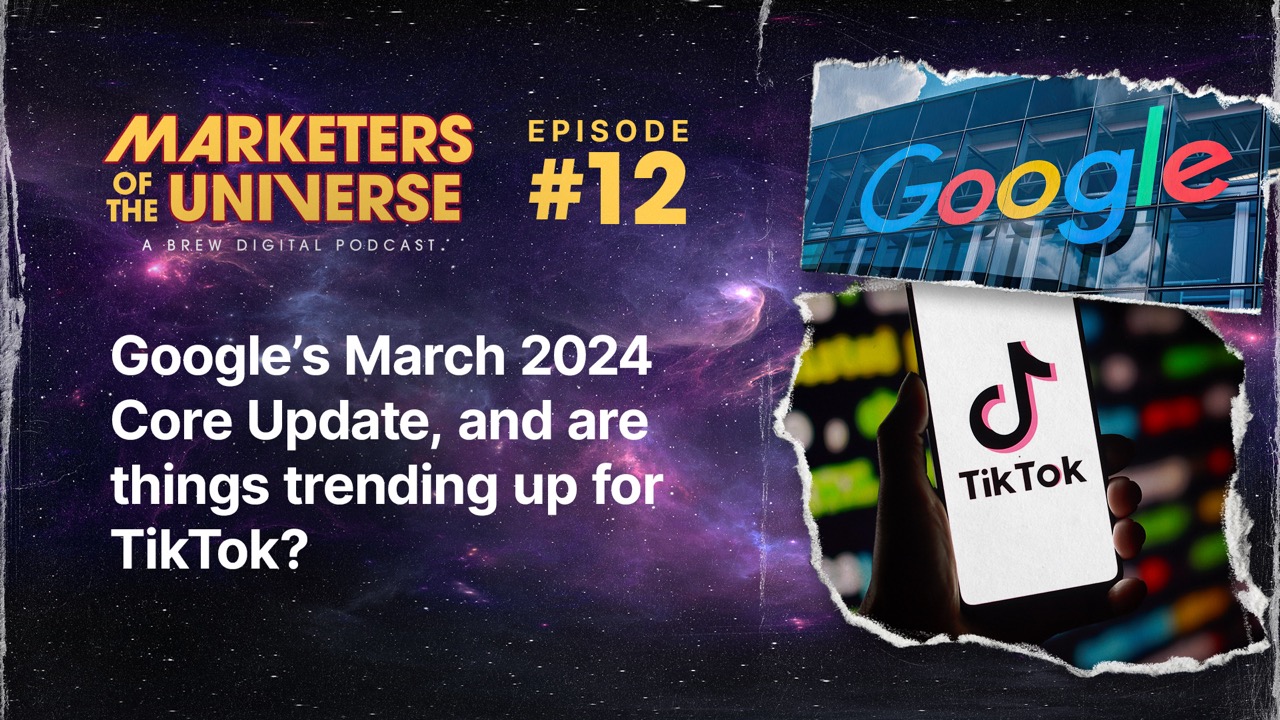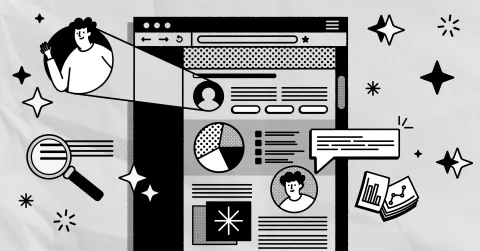B2B marketing is so competitive these days that simply deploying the right tools more effectively can give you the edge you need.Imagine having a suite of tools at your fingertips that not only streamlines your processes but helps you connect with your audience on a deeper level. From CRM platforms that keep customer relationships thriving to AI that predicts market trends with uncanny accuracy, the possibilities are huge.
Automation can take repetitive tasks off your shoulders, allowing you to focus on what really matters—nurturing high-value leads. Paired with data-driven strategies, you gain the insights needed to tailor your marketing efforts with precision.
In this FAQ, we will explore the best tools and technology for B2B marketing, showing you how to use them to advance your strategy and drive meaningful results.
What are the best tools for B2B digital marketing?
When it comes to B2B digital marketing, there are plenty of tools available to enhance your efforts. Here are a few popular options to consider:
HubSpot: Offers a comprehensive suite for marketing, sales, and CRM, making it ideal for managing campaigns and analytics.
LinkedIn Sales Navigator: Perfect for lead generation, helping you connect with decision-makers in your target industries.
Google Analytics: Essential for tracking website performance and understanding visitor behaviour.
SEMrush: A powerful tool for SEO, offering keyword research and competitor analysis.
Mailchimp: Provides easy-to-use email marketing features and automation.
Hootsuite: Simplifies managing multiple social media accounts with scheduling and engagement tracking.
Canva: Great for creating professional-quality graphics and presentations.
These are just some of the tools available, and what's best for you will depend on your specific needs and circumstances. Experiment with a few to find the right fit for your business.
How to use marketing automation in B2B marketing?
Marketing automation can transform your B2B efforts by streamlining processes and enhancing personalisation. Start by automating email campaigns to nurture leads with tailored content at different stages of their journey. Use automation tools to segment your audience based on behaviour or demographics, ensuring your messages are always relevant. Implement lead scoring to prioritise prospects, allowing your sales team to focus on high-potential leads. Additionally, leverage automation for analytics, tracking campaign performance and gathering insights to refine your strategy. Finally, automate your social media posts to maintain a consistent online presence without manual effort.
What are the top CRM platforms for B2B businesses?
Choosing the right CRM platform is crucial for B2B businesses looking to manage customer relationships effectively. Here are some top CRM platforms to consider:
Salesforce: Popular for robust features and customisation, suitable for businesses of all sizes. Offers extensive integration and powerful analytics.
HubSpot CRM: User-friendly and ideal for small to medium-sized businesses. Provides essential features for free, with additional tools available through paid plans.
Microsoft Dynamics 365: Seamlessly integrates with other Microsoft products. Perfect for businesses already using Microsoft solutions, offering advanced analytics and AI-driven insights.
Zoho CRM: Known for affordability and scalability, suitable for businesses of all sizes. Offers a wide range of features, including automation and customisation.
Pipedrive: Designed for sales teams, focusing on pipeline management and ease of use. Great for businesses looking to streamline their sales processes.
Each CRM platform has unique strengths, so choose based on your specific needs and goals.
What is the role of AI in B2B digital marketing?
In B2B marketing, AI acts as a powerful co-pilot, processing vast amounts of data for predictive insights, automating lead scoring, and delivering personalisation at a scale previously out of reach. However, it is a tool to enhance your team, not replace it. The effectiveness of AI is entirely dependent on human strategy to provide direction and the genuine creativity needed to build a compelling brand voice. While AI can generate reports and content drafts, human oversight remains essential to ensure accuracy, quality, and the nuanced understanding needed to manage complex B2B relationships. Ultimately, AI works best when it amplifies human expertise, freeing up your team to focus on the strategic thinking that drives growth.
How to leverage data-driven marketing in B2B?
To leverage data-driven marketing in B2B, begin by collecting data from customer interactions, website analytics, and social media. Centralise this data for easy access and analysis. Dive into the data to understand customer behaviours and preferences, identifying trends that inform your marketing strategies. Use these insights to segment your audience based on characteristics like industry or engagement level, allowing for tailored messaging. Personalise your marketing campaigns to resonate with different segments, boosting engagement and conversions. Implement A/B testing to experiment with strategies and measure their effectiveness, using the results to refine your approach. Set clear KPIs and regularly review performance metrics to ensure your marketing efforts align with business objectives. By embracing data-driven marketing, you can create more effective campaigns and achieve better results.
